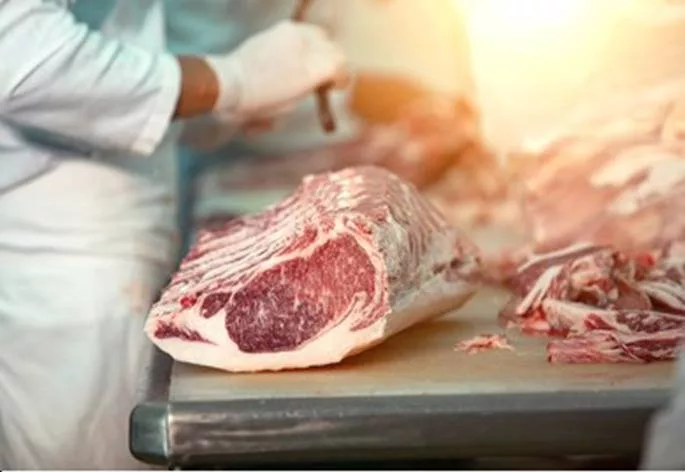Pakistan’s meat industry has significant export potential, but outdated infrastructure and a shortage of export processing zones (EPZs) hinder its global competitiveness, according to WealthPK.
“Despite strong international demand, Pakistan’s meat production remains underutilized. The country’s livestock sector has immense potential, but a lack of modern infrastructure and insufficient EPZs limit its ability to fully exploit this opportunity,” says Dr. Mansoor Ahmad, former Director General of Punjab’s Livestock & Dairy Development Department.
In an interview with WealthPK, Dr. Ahmad emphasized the crucial role EPZs play in enhancing the efficiency, quality, and competitiveness of meat exports. He noted that building advanced EPZs and modern slaughterhouses could bring transformative change, enabling Pakistan to expand its meat exports, meet global standards, and establish itself as a significant player in the international market. “The current lack of specialized EPZs for meat processing stifles sector growth and reduces its international appeal,” Dr. Ahmad added.
He stressed that modern, technologically equipped slaughterhouses are essential for a successful meat export strategy. Presently, Pakistan’s traditional slaughtering facilities fail to meet the sanitary and technical standards required by global markets.
“State-of-the-art slaughterhouses with proper refrigeration, sanitation, and packaging facilities would ensure that Pakistani meat remains fresh and safe for consumption from farm to market,” Dr. Ahmad said. He highlighted that adopting modern slaughtering techniques would also boost yields, minimize post-slaughter losses, and increase product value, translating to higher industry returns.
Strengthening meat processing capabilities and investing in EPZs and modern slaughterhouses could turn meat exports into a major economic driver for Pakistan. “Higher exports would create jobs throughout the supply chain, from livestock farming to logistics, and bring in foreign exchange while diversifying the export portfolio, thus reducing reliance on traditional agricultural exports like rice and cotton,” Dr. Ahmad explained. Enhanced meat processing would also position Pakistan as a preferred supplier in the global market, particularly with growing demand for Halal-certified meat products.
Dr. Ahmad emphasized that this transformation would require comprehensive policy support and government incentives to attract private investment and encourage modernization across the sector. “Tax incentives for EPZ and slaughterhouse construction, the development of dedicated meat export units, and the establishment of stringent hygiene and quality control standards are vital steps,” he concluded.




